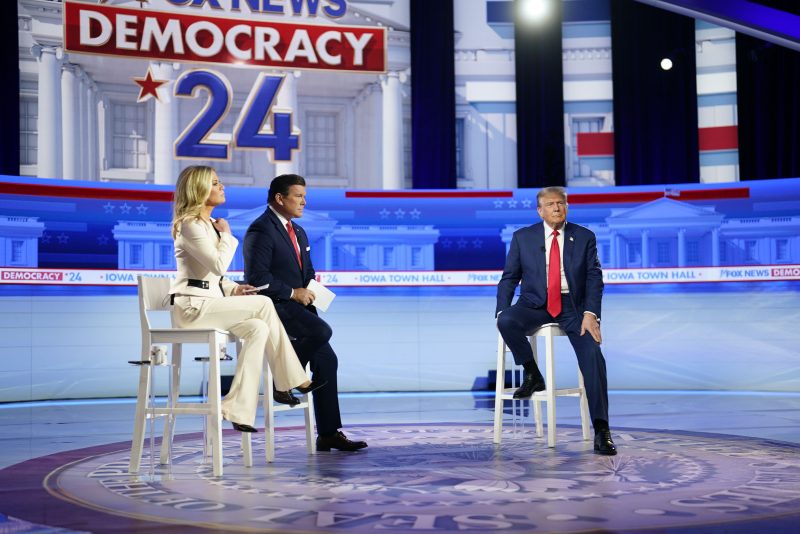The dialogue around news sources and trust has become increasingly prevalent in recent times. A study conducted by Pew Research Center revealed a stark disconnect between who Americans trust for news and where they actually obtain their news. While trust is often associated with credibility and reliability, the Pew study shed light on the fact that Americans do not necessarily rely on the news outlets they trust the most.
The research highlighted that despite the high levels of trust placed in news organizations like NPR, BBC, and PBS, these outlets are not the primary sources of news for a large portion of the American population. This phenomenon raises important questions about the factors that influence news consumption habits and the role of trust in shaping these behaviors.
One possible explanation for this discrepancy could be the influence of convenience and accessibility in news consumption. In today’s fast-paced digital era, individuals are more likely to turn to sources that are readily available and easily accessible to them. This often means that social media platforms and online news aggregators, which may not always be the most trusted sources, become the go-to outlets for news consumption simply due to their convenience.
Furthermore, the proliferation of fake news and misinformation has added a layer of complexity to the issue of trust in news sources. In an environment where misinformation can spread rapidly and easily, individuals may find it challenging to discern between credible and unreliable sources. This can lead to a situation where trust is eroded, and individuals are forced to rely on a combination of sources, including those they may not fully trust, in order to gather a more comprehensive picture of the news.
Another factor that may contribute to the gap between trust and news consumption is the growing polarization of media outlets. In an increasingly divided media landscape, individuals may be drawn to sources that align with their existing beliefs and opinions, rather than those that are deemed most trustworthy. This phenomenon can further complicate the issue of trust, as individuals may prioritize ideological alignment over trustworthiness when selecting their news sources.
Ultimately, the disconnect between who Americans trust for news and where they get their news highlights the multifaceted nature of news consumption in the digital age. While trust is a crucial factor in determining the credibility of news sources, it is clear that other factors, such as accessibility, convenience, and ideological alignment, also play a significant role in shaping individuals’ news consumption habits. As the media landscape continues to evolve, it is essential for individuals to critically evaluate the sources of their news and seek out a diverse range of perspectives in order to stay informed and engaged in the world around them.

